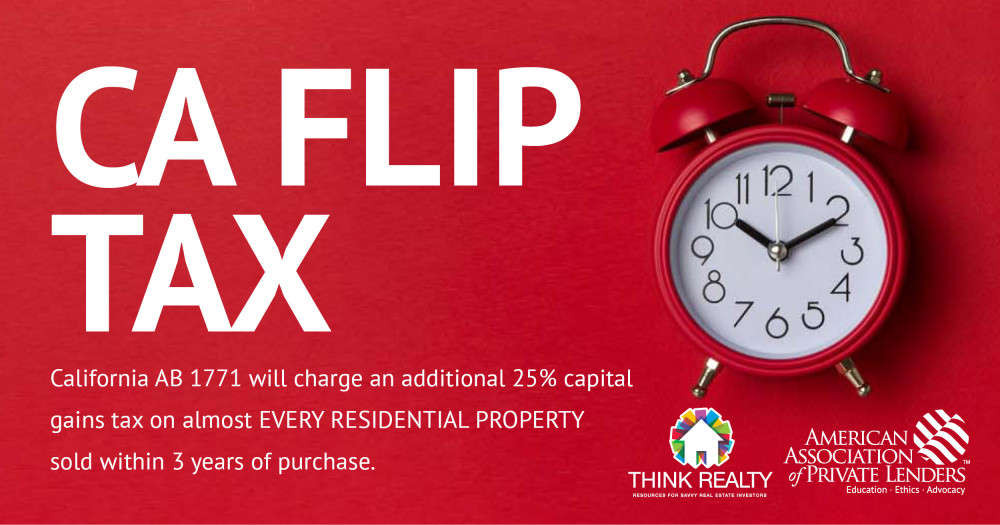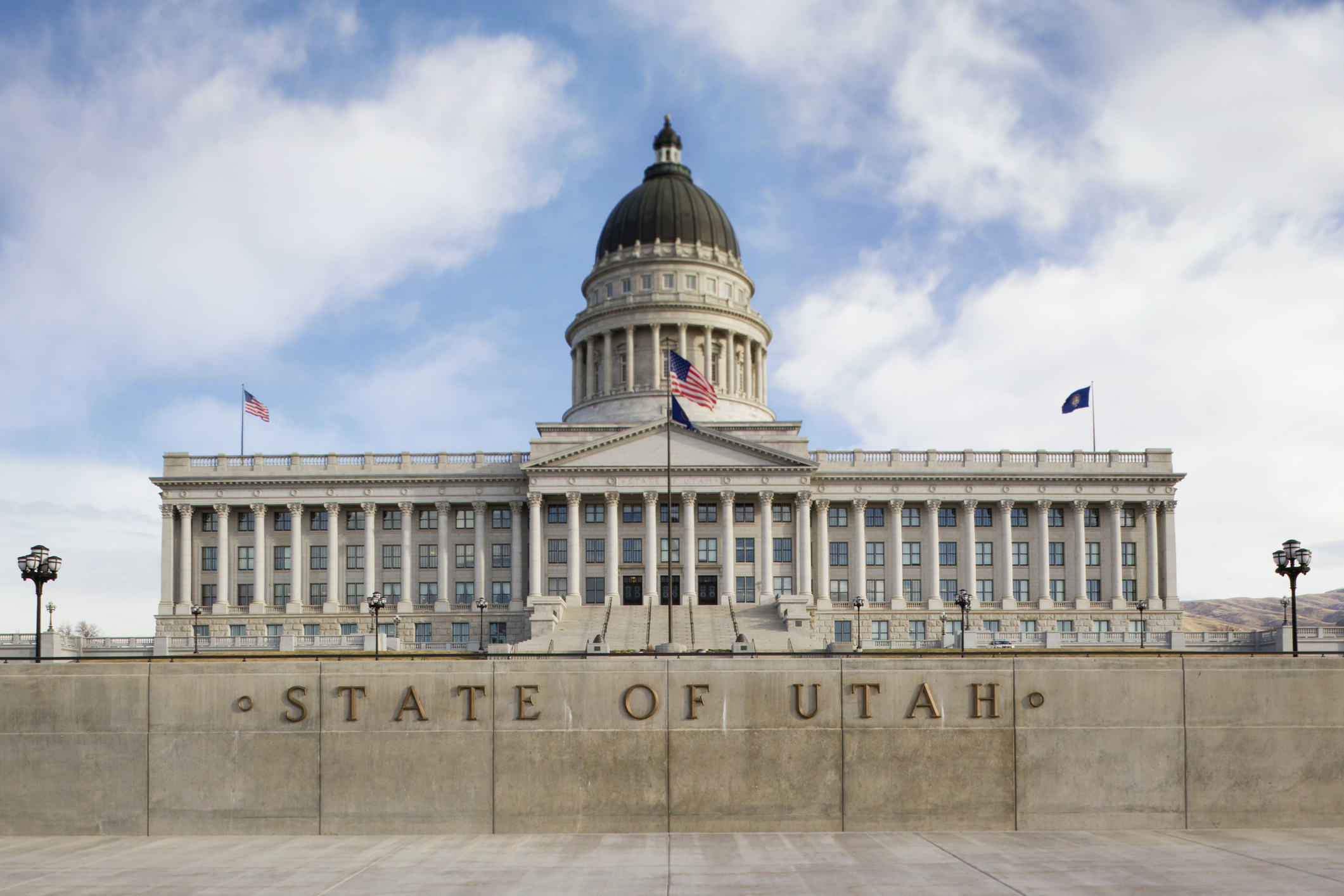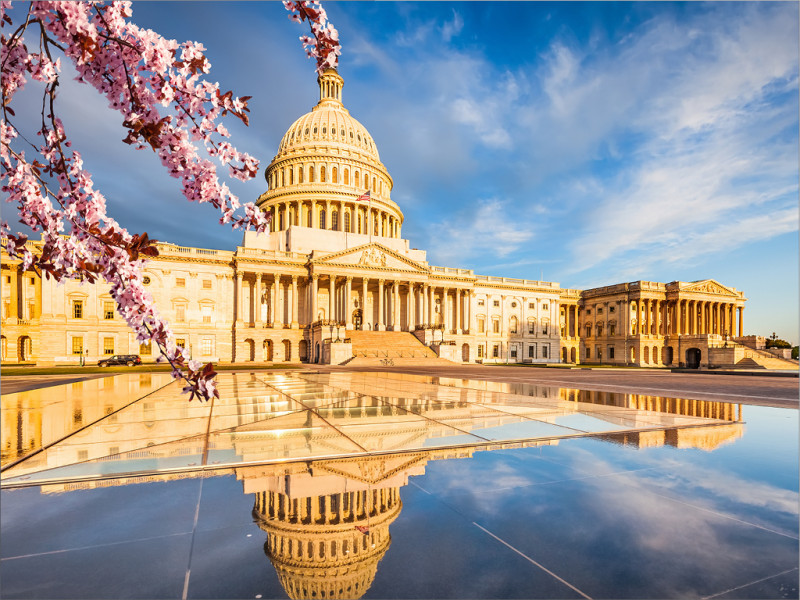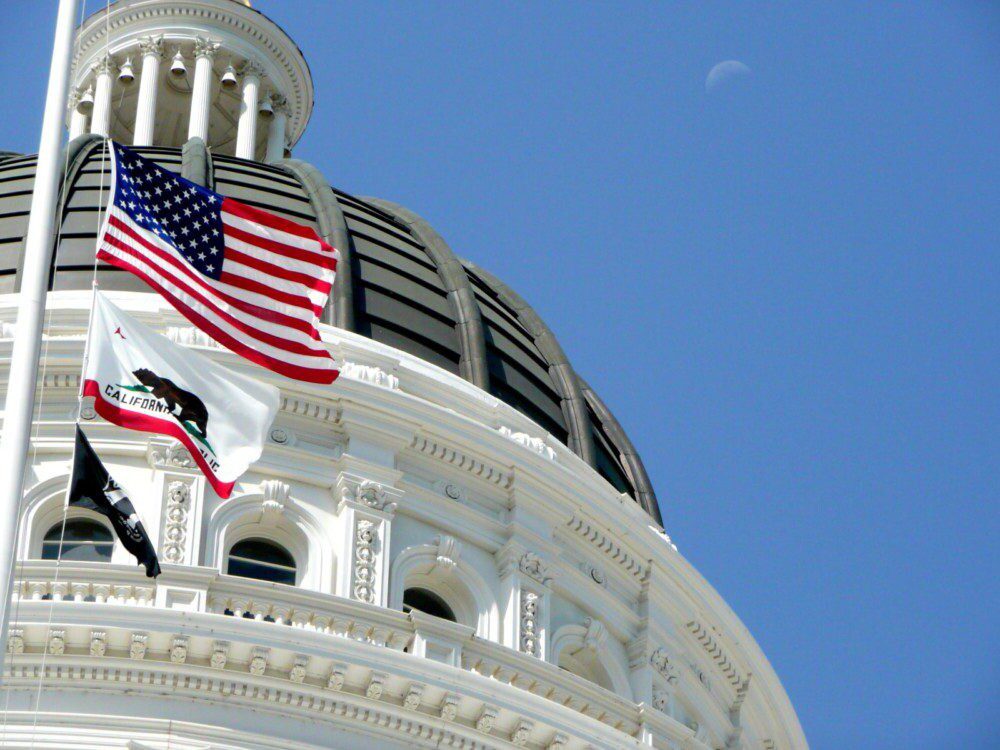California AB 1771 will charge an additional 25% capital gains tax on almost EVERY RESIDENTIAL PROPERTY sold within 3 years of purchase.
UPDATE 4/25/22: The bill was heard for the first time by the Assembly Committee on Revenue and Taxation. Their bill analysis reiterated the main points of our official opposition letter: 1) that it would remove inventory from the market by encouraging real estate investors to rent residences rather than update and resell to an end homeowner, and 2) these real estate investors add significant value to the market by making needed renovations and improvements that homeowners are ill-equipped to do.
During the hearing, committee members from both sides of the aisle were skeptical that AB 1771 would in any way help housing inventory, and further expressed support for real estate investors making needed improvements to California residences. The bill’s sponsor, Assemblymember Ward, acknowledged that the bill would need to be modified to account for real estate investors.
While AAPL partnered with several other ally organizations in our opposition efforts, most notably the California Association of REALTORS®, most of these joint efforts focused on impacts to homeowners. AAPL was the only organization to primarily address real estate investor and private lender outcomes.
Fortra Law, which has been representing AAPL as our general counsel in opposing this bill, does not expect the bill to pass in its current form. We will continue monitoring its progress to ensure it poses no further threat to our industry.
UPDATE 4/14/2022: Meeting with bill sponsor Assemblymember Ward
AAPL’s CEO, Eddie Wilson; our General Counsel, Nema Daghbandan with Fortra Law; and Aaron Norris, founder of The Norris Group; met virtually with Assemblymember Ward on April 14. We discussed the bill’s probable impacts on the private lending and real estate investing industries and our belief that the bill would negatively impact the bill’s stated goal to assist affordable housing efforts. We were able to gain more insight into Assemblymember Ward’s goals and intentions with this bill:
- He believes some action is better than no action and got this idea from (unnamed) other countries.
- He understands the bill is flawed as written, but is interested in getting feedback from the industry and the Assembly Committee on Revenue and Taxation.
- His ultimate goal is to reduce the number of competitors bidding on properties to give first-time homebuyers a chance to buy.
- He agrees that investors who add value to a property, particularly adding an ADU, square footage, or otherwise making the unit more usable, should not be treated as a party that simply buys and resells shortly thereafter (like a Zillow or Opendoor).
Our interpretation is that while Assemblymember Ward is open to feedback and possible changes to the bill’s text, he still wants to salvage the legislation and will continue to seek its passage. The AAPL’s position continues to be that the bill is not salvageable, and we will oppose the bill unless all elements that would potentially impact California real estate investors and private lenders are removed.
Background on the bill:
The additional tax would decline in annual increments until the property has been owned for more than seven years.
Legislators proposed AB 1771, also known as the California Housing Speculation Act, on the misguided notion that soaring prices of California homes are driven by investor-purchasers of residential properties in California. The bill lacks nuance, with the chief issues being:
- There are no carve-outs or exemptions for equity earned through property improvement, and
- Except for a few narrowly-defined cases, the bill even lumps in consumer homeowners.
Watch the 5-Minute Overview
Watch the 3/17/2022 Informational Webinar Recording
In its efforts to decrease real estate speculation, the bill will decimate the rehabilitation of sub-standard, derelict, or vacant housing stock: The tax means there will be no little or no return on investment for fix-and-flip professionals making needed renovations. The bill also removes one of the chief draws of homeownership vs. renting — the potential to earn equity — for those not absolutely certain of their ability to stay in their homes for the duration of legislators’ arbitrary timelines, or who must sell due to exigent circumstances.
The proposed timeline and amount of additional capital gains tax is as follows for homes sold within a certain number of years from the initial purchase:
- <3 years: 25%
- 3-4 years: 20%
- 4-5 years: 15%
- 5-6 years: 10%
- 6-7 years: 5%
- >7 years: NONE
Finally, while the bill text says the purpose is to put the resulting tax funds toward affordable housing, only about 30% of the additional taxes are specifically allocated for such efforts. The monies raised will also be distributed to communities based on where the taxpayer resides, not where the “needed affordable housing” property is located.
Read our complete bill analysis.
What you can do to help
- Sign our joint real estate investor/lender petition.
- Help us get the word out – share our social posts: LinkedIn Facebook Twitter
- Submit your comments to the bill comment page here.
- Communicate your opposition to legislators via phone, letter, and email. You may download and customize the sample letters below to tell your personal story of how AB 1771 will affect you and your business.
Legislator Contact Information
Bill Author: Christopher M Ward (D), Assemblymember, 78th District
Co-Author: Speaker Pro Tempore Kevin Mullin (D), Assemblymember, 22nd District
Find your California representatives to express your opposition here: https://findyourrep.legislature.ca.gov/.
If you are in San Diego and in the district of Assemblymember Ward, please contact us!
This bill is currently with the Assembly Committee on Revenue and Taxation. Committee members and their contact pages may be found here: https://arev.assembly.ca.gov/membersstaff











EVERY SINGLE SELLER IS GOING TO BE TAXED .. ?
1. A person could get a new job and have to move ? Not a flipper
2. A couple could get a divorce and have to sell … Not a flipper
3. A person could have a major accident and have to sell a 2 story house .. Not a flipper
4. A person could find that the house and the neighborhood just does not work for them.. Not a flipper
5. Two people could get married, have children from previous marriages .. need more space. Not flippers
6. What if a buyer sells the house at a loss.. will there be a 25% tax rebate
7. there are 100 more scenarios